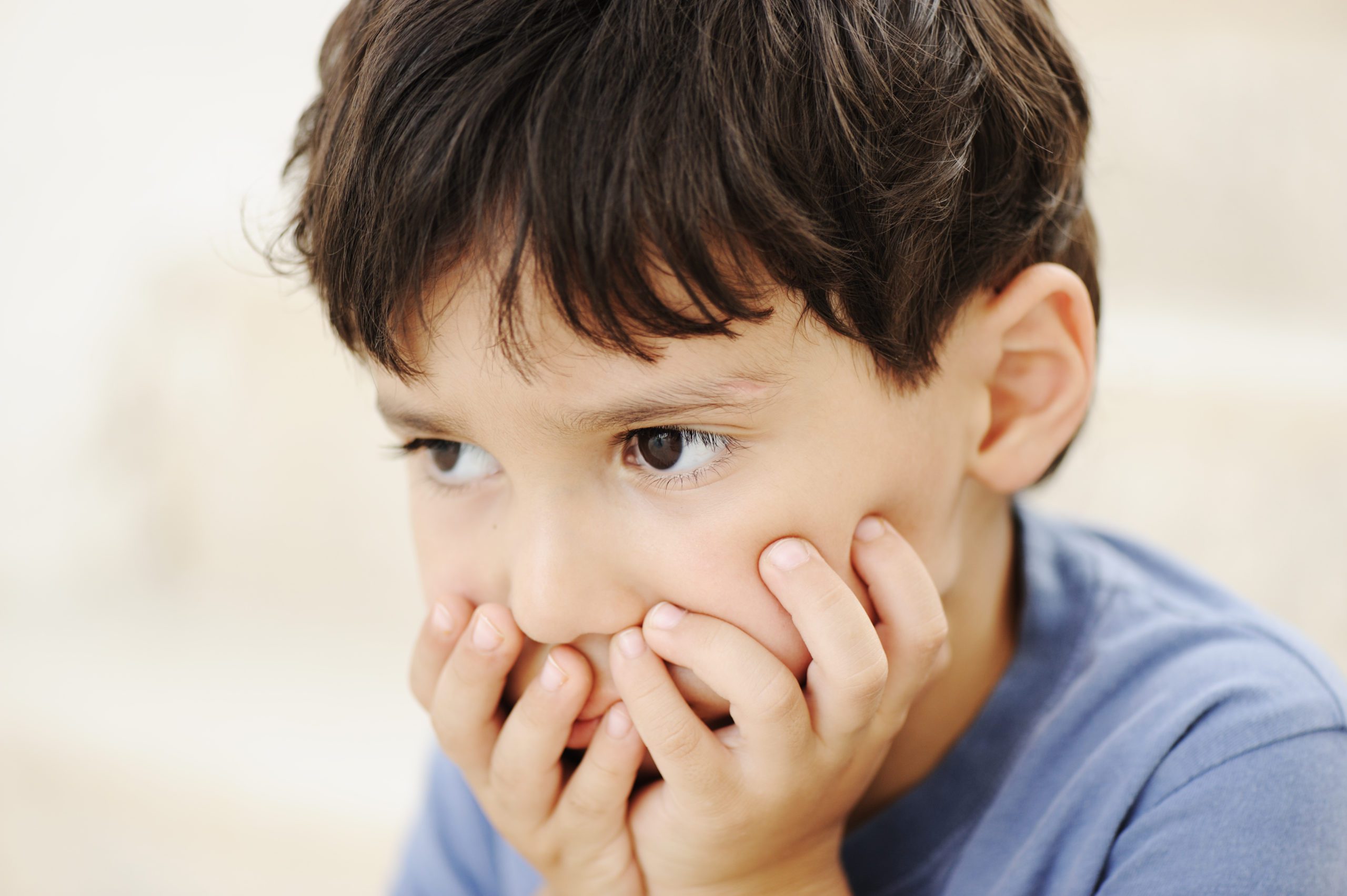Guiding Early Detection of Autism with Frisco Pediatrics
Autism Spectrum Disorder (ASD) affects countless children globally, making the need for early detection critical for the best possible outcome. Early detection of autism in children is a priority in pediatrics, and this is where Entirely Kids Pediatrics can aid parents in the screening and evaluation process. Understanding the symptoms, identifying them early, and seeking prompt professional assistance can make all the difference in a child’s life.
Autism: A Brief Overview
Autism is a neurodevelopmental condition affecting social interaction, communication, and behavior. It’s characterized by diverse symptoms and intensities, hence termed a “spectrum” disorder. While the exact cause remains unknown, a combination of genetic and environmental factors likely contributes to its development.
Common symptoms include difficulty with social interaction, repetitive behaviors, and communication challenges. These can surface in the early years, and the sooner they’re identified, the more beneficial the intervention can be.
The Importance of Early Detection
Autism, while presenting challenges, does not restrict a child’s capacity to grow, learn, and flourish. Like all children, kids with autism have a wealth of potential. They are inherently capable of remarkable progress, especially when their learning environment is tailored to their needs. This is where early detection truly shines.
When autism is detected early, professionals can employ intervention strategies right at the developmental stage where they can have the greatest impact. Interventions typically include specialized therapies, including speech-language therapy, occupational therapy, and social skills training, amongst others.
In fact, research consistently underscores the advantages of the early detection of autism in children. Timely diagnosis leads to early intervention, which has been shown to significantly improve children’s developmental outcomes, particularly in areas such as language skills and cognitive function. The impact of these interventions can shape the child’s trajectory, boosting their ability to thrive.
Guidance for Identifying Autism in Early Childhood
Parents and caregivers are often the first to notice potential signs of autism in their child. Guidance for identifying autism in early childhood is thus crucial. Here are some signs to watch for:
1. Social Challenges
Children with autism often have difficulty navigating social interactions and may struggle to engage in social activities that other children typically enjoy. This might present in various ways:
- Eye contact: They may avoid eye contact or use it less frequently or differently compared to their peers.
- Responding to their name: Children with autism may not respond consistently when their name is called, which can often be mistaken for a lack of attention or hearing problems.
- Understanding feelings: It can be hard for them to interpret other people’s emotions, and they may not respond in a typical way to others’ feelings.
These challenges can sometimes be subtle and may become more noticeable as the child grows and the social expectations increase.
2. Communication Difficulties
Language and communication can often be challenging for children with autism. This might manifest in several ways:
- Delayed speech and language skills: Your child may not speak as expected for their age. Some children with autism may not talk at all, while others may have rich vocabularies but struggle to have a back-and-forth conversation.
- Repetitive use of language: They may repeatedly say words or phrases, a characteristic known as echolalia.
- Trouble initiating conversation: Starting a conversation or keeping one going can be difficult for them. They may also give unrelated answers to questions.
3. Behavioral Signs
Children with autism may exhibit certain behaviors that can be different from their peers:
- Sensory sensitivities: They may react unusually to the way things sound, smell, taste, look, or feel. For example, they may be overly sensitive to certain textures or noises or, conversely, seek intense sensory experiences.
- Fascination with certain objects: They may show intense interest in particular aspects of an object, like the spinning wheels of a toy car, instead of playing with the toy in a typical way.
While these signs are often associated with autism, it’s essential to remember that every child is unique, and the presence of one or more of these signs doesn’t necessarily mean a child has autism. They’re pointers suggesting that a professional evaluation could be beneficial to rule out any developmental concerns and ensure that the child receives the necessary support if needed.
Remember, early detection is vital in managing autism. If you notice these signs in your child, it’s crucial to seek professional help. Even if it’s not autism, the child may still benefit from some form of intervention or support. If it is autism, early diagnosis and intervention can make a significant positive impact on the child’s life. Trust your instincts as a parent, and never hesitate to seek help.
The Next Step with Entirely Kids Pediatrics
At Entirely Kids Pediatrics, your child’s well-being is our ultimate priority. We’re proud to be a top pediatric choice in Frisco for parents seeking comprehensive care. Our expertise extends beyond autism, encompassing all aspects of pediatric health, ensuring that every child grows up happy, healthy, and confident.
If you have concerns about your child’s development or are interested in more information relating to autism, we encourage you to contact us at 469-425-3600. Our compassionate team is here to guide you, answer your questions, and provide expert care for your little one.

